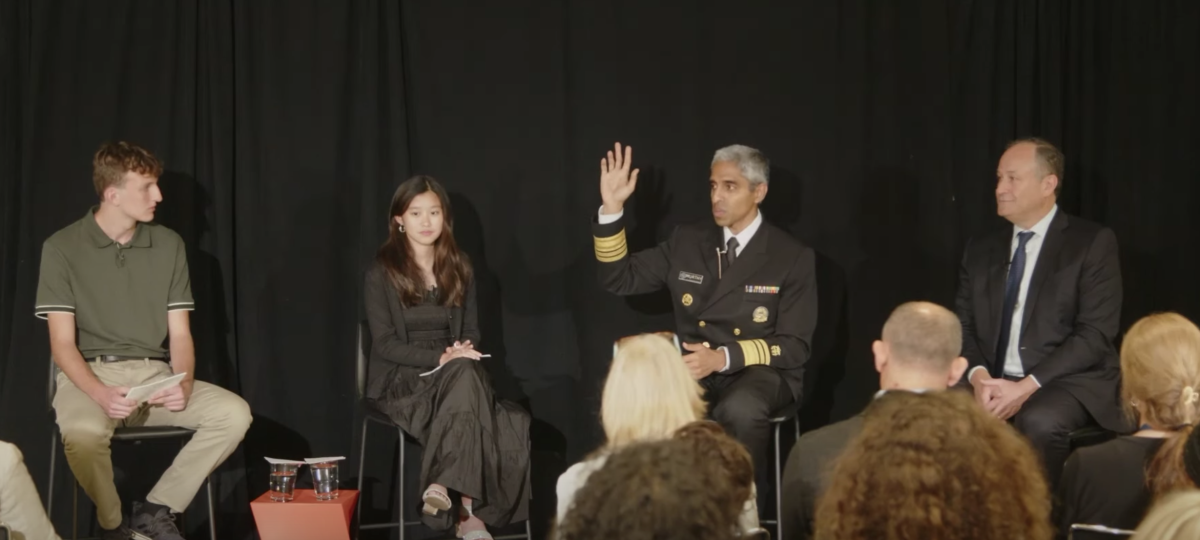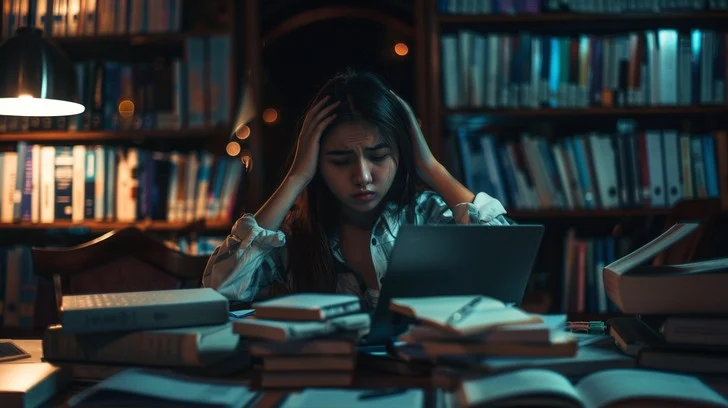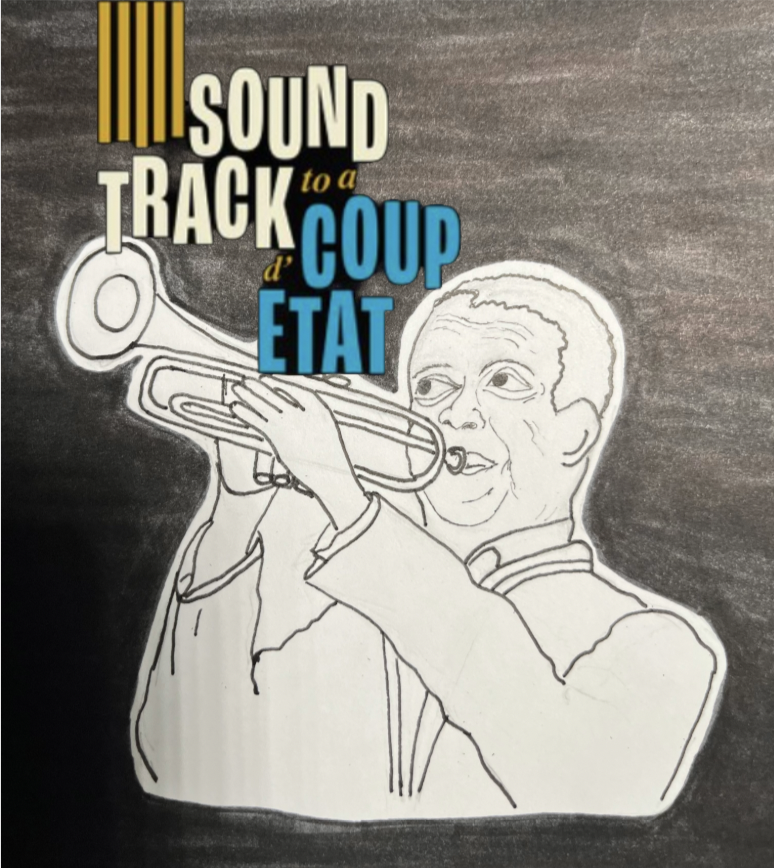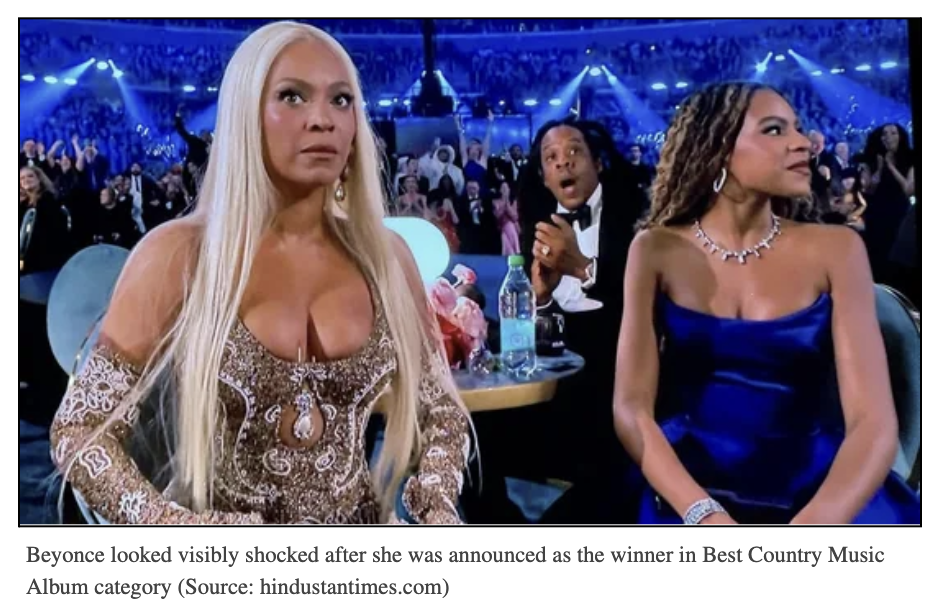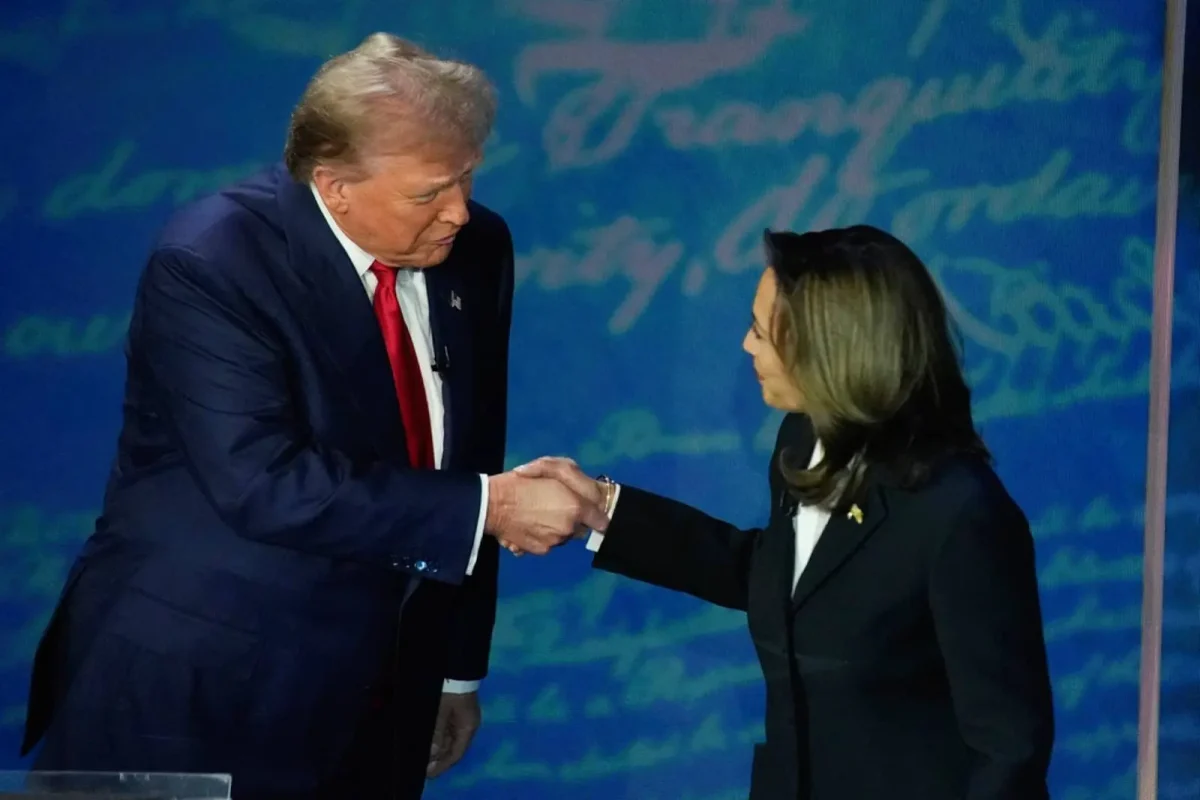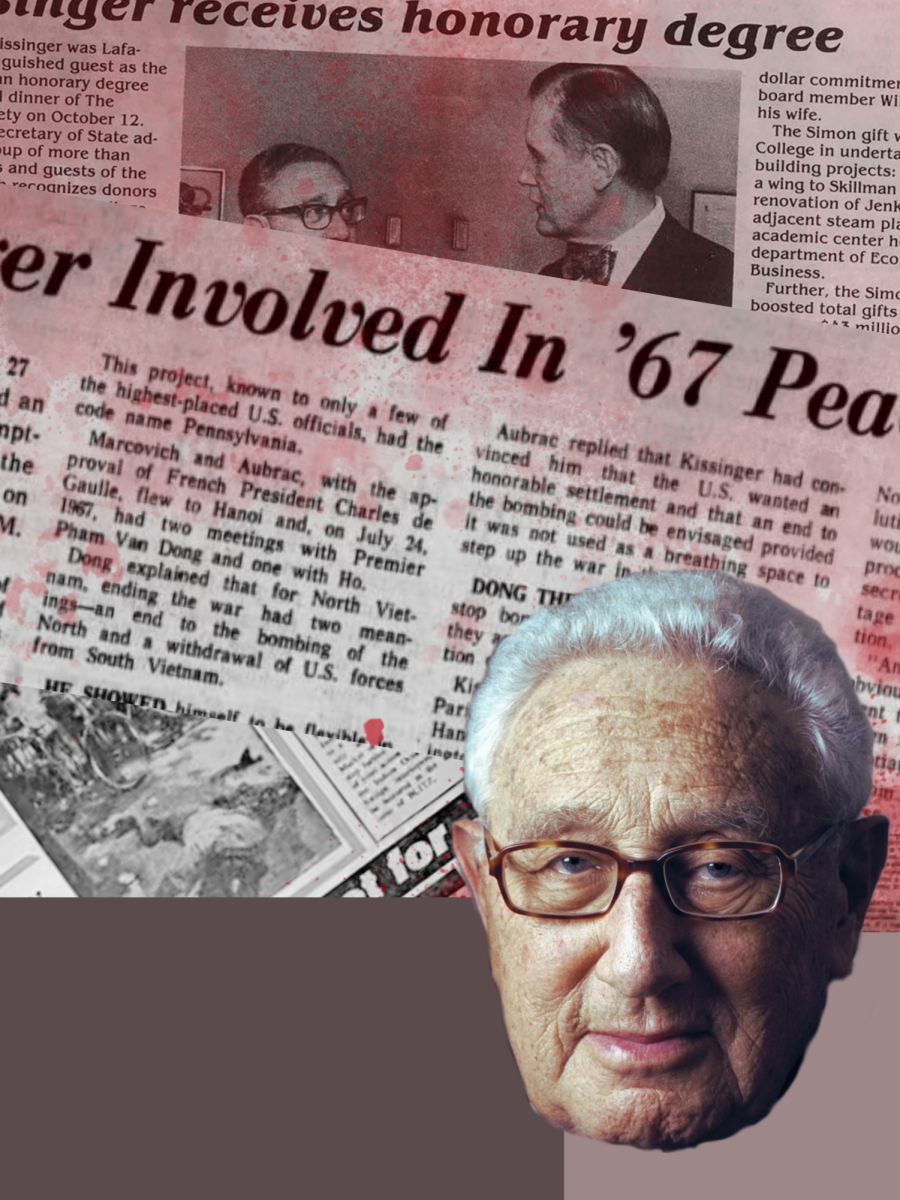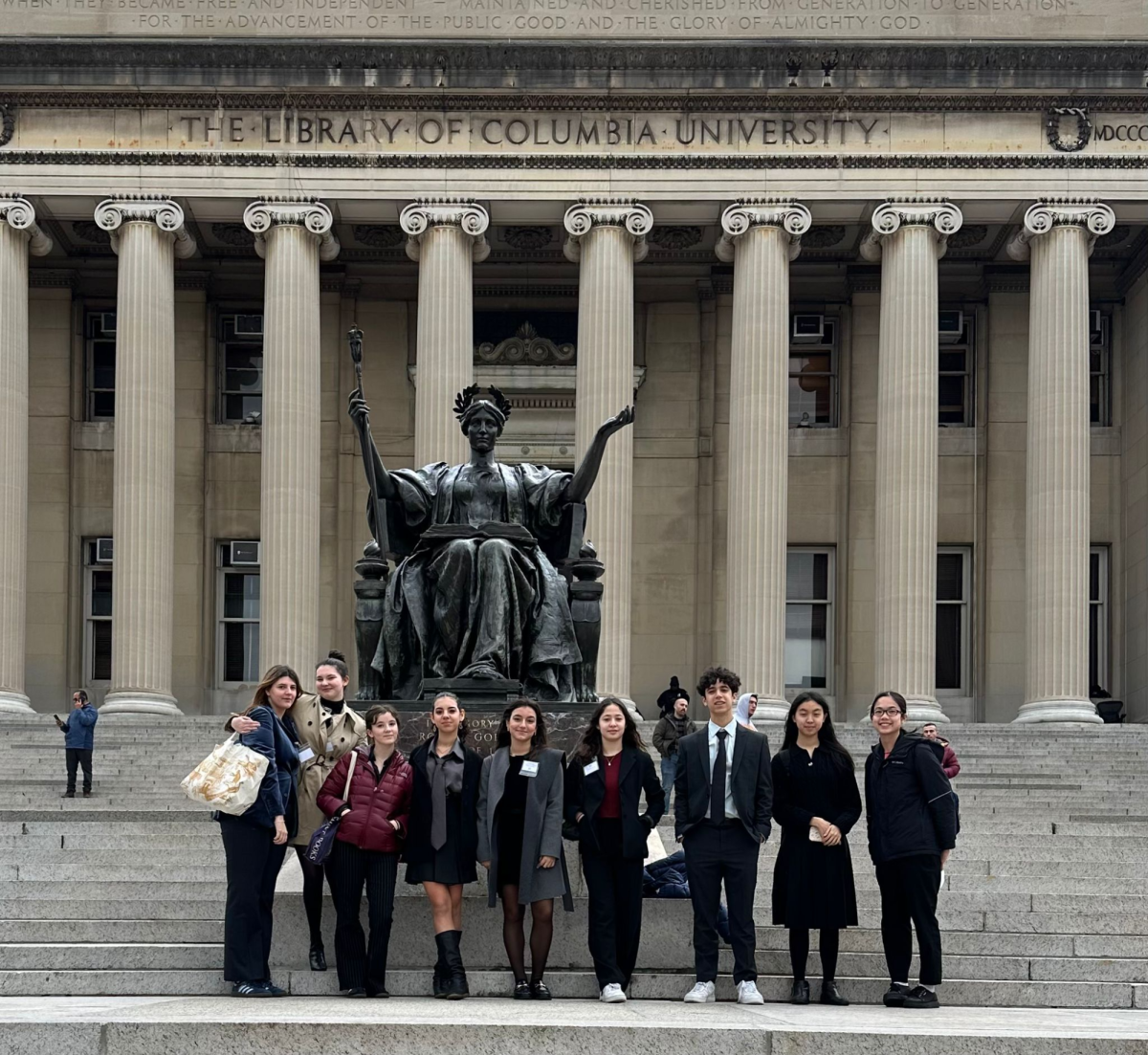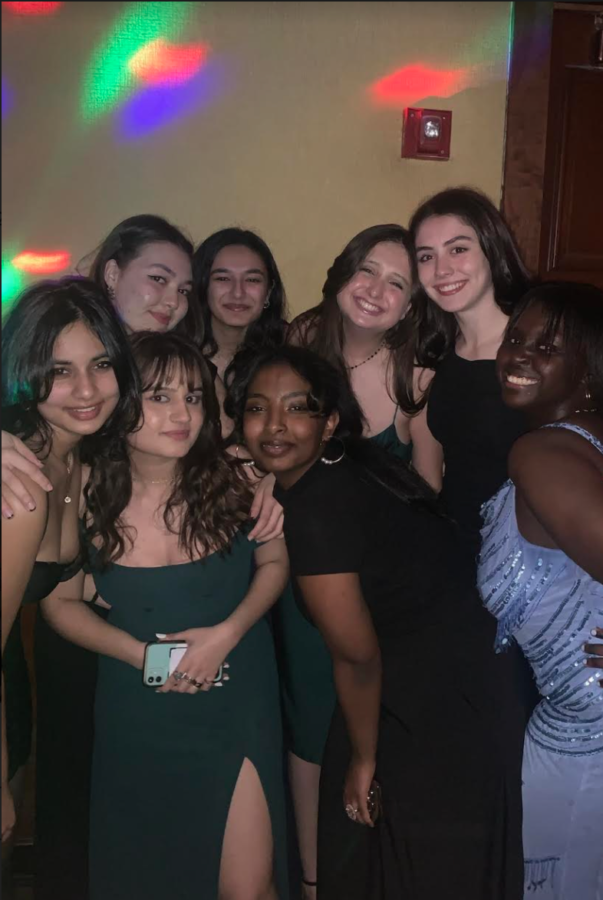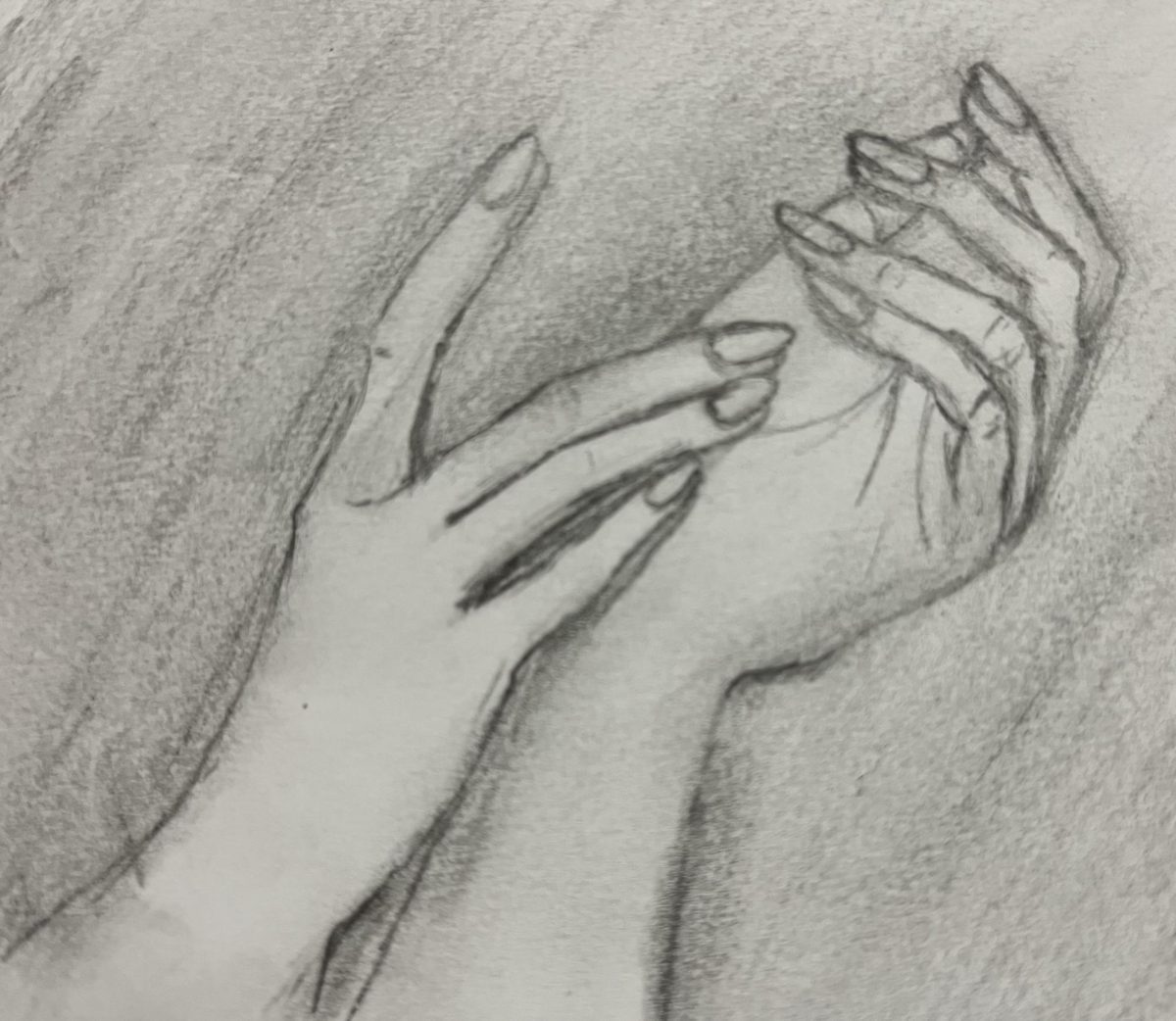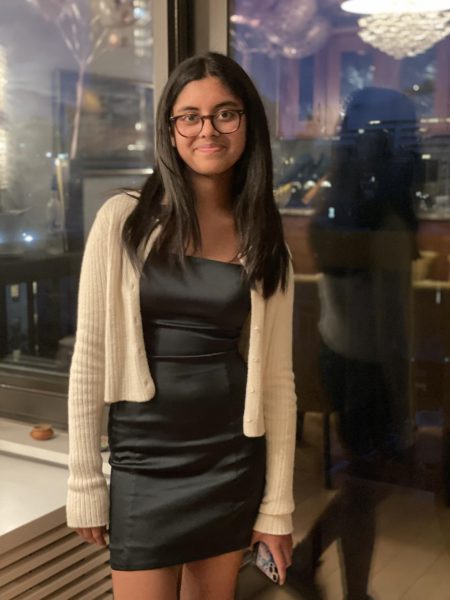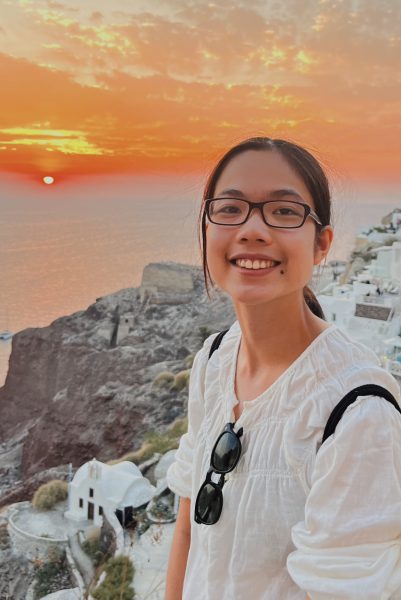“Loneliness is just a bad feeling. And you suck it up and get over it.” These were the candid words of Dr. Vivek Murthy as he summed up his childhood loneliness. Dr. Murthy, colloquially known as the “nation’s doctor,” is the 21st Surgeon General of the United States. In his speech, he described a culture in which open discussion about mental health was stigmatized. He rejected this notion by affirming that loneliness is not merely a feeling, but a critical public health issue.
October 10th is World Mental Health Awareness Day. This year, a handful of UNIS students, faculty, and parents got the unique opportunity to attend a Child Mind Institute event, held in the Oman Hall. The event featured Dr. Murthy, and second gentleman Mr. Douglas Emhoff. Wyatt Whitman, a T3 student and member of the Child Mind Institute Youth Advisory Council, had the honor to interview the distinguished guests on the panel. Dr. Murthy’s central message was that more and more youth are experiencing loneliness in the 21st century, as it is becoming increasingly difficult to foster genuine social connections due to social media. Murthy stressed the importance of having authentic connections with people in which you can be vulnerable in times of crisis, asserting that interconnectedness is not a weakness, it is a strength.
To commence the panel, another member of the Child Mind Institute’s Youth Advisory Council, asked the panelists an important question: “Social media can be really hard to step away from. How do we know it’s become a problem, and when should parents step in to manage it?” The question struck a chord with the audience, which was mostly made up of parents, as it related to their teens. Mr. Emhoff responded by suggesting that unfortunately, the risks of social media outweigh the benefits. Social media has had the power to spread widespread disinformation (such as vaccine denialism) as well as advertise and promote unsafe practices. Emhoff underscored how fundamental it is for parents to possess an awareness of their teen’s online activities and speak with them if they are spending an unhealthy amount of time on social media.
Dr. Vivek Murthy echoed Emhoff’s sentiments, stating that due to social media, “We’ve lost the ability to talk as humans to one another in kind, compassionate and understanding ways.” Murthy expressed how based on the Surgeon General Advisory’s 2022 May Report, adolescents who spend three or more hours on social media suffer twice the risk of anxiety or depression. The average teen uses social media for three and a half hours daily, making this statistic all the more alarming.
While many teens utilize social media as a way to unwind when surveyed, half of the American teens stated how social media only exacerbates negative feelings such as poor body image, envy, stress, loneliness, and depression. Dr. Murthy emphasized that contrary to common beliefs among Gen X or Boomers, this mental health crisis is not because Gen Z has less willpower compared to prior generations. Instead, it’s rooted in the reality that today’s teens are growing up in an environment where they are inevitably lured into platforms, with the intention of maximizing the time they spend on them.
Dr. Vivek Murthy provided 3 key takeaways that apply to teenage social media users:
If social media aggravates negative emotions such as frustration or anger, it is paramount to put it away for the time being.
Due to the difficulty of putting away social media, it is important to set oneself up for success by establishing designated time frames where social media is off limits, such as before bedtime, while studying, or at the dinner table.
Form accountability circles with friends or family and commit to staying off social media together.
Dr. Murthy closed the panel on an inspirational and optimistic note. He asserted that at the end of the day, youth have the unique power to pioneer a movement forward, destigmatize dialogue surrounding mental health, and support those in mental health crises. He stressed that while mental health professionals have extensive knowledge in their field, youth should not be underestimated because they are closer to the ground zero of the conflict.



